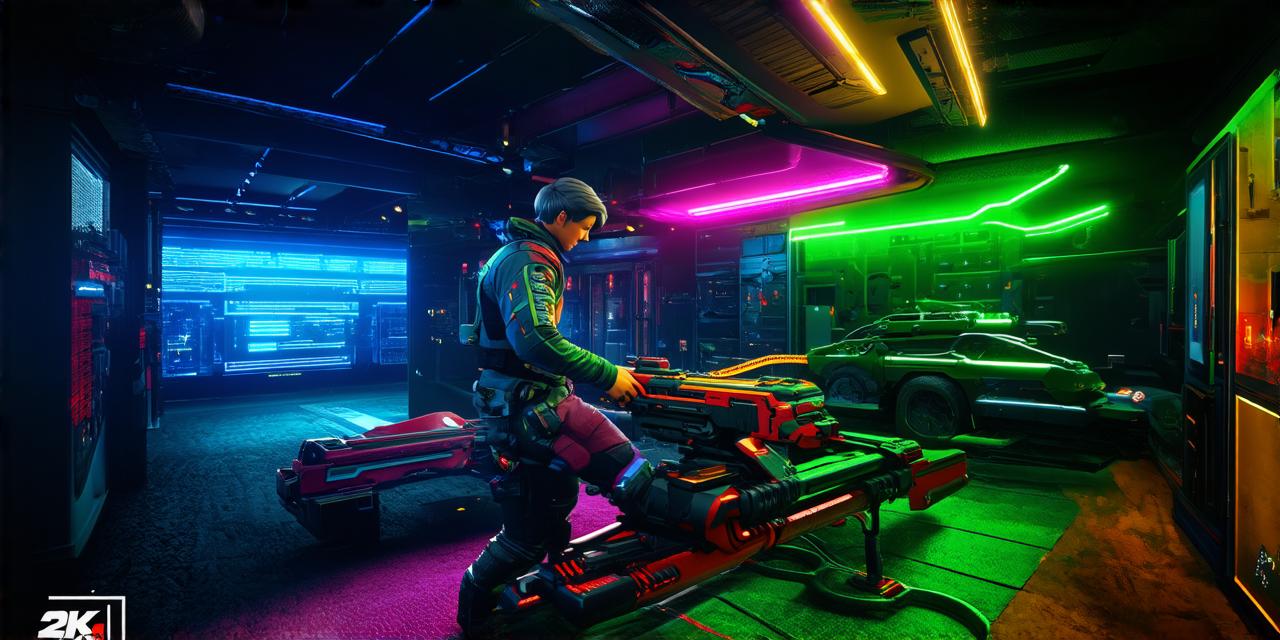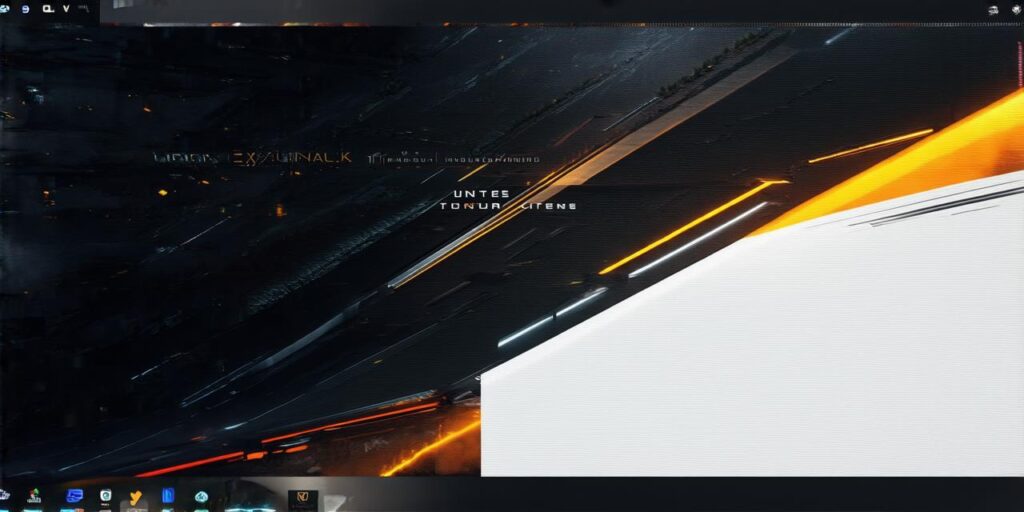
Unreal Engine is a popular game engine used by professionals to create immersive and interactive experiences through 3D graphics and physics simulations. It has become the go-to tool for many game studios and independent developers due to its powerful graphics rendering capabilities.
In this article, we will guide you from the basics of Unreal Engine development to advanced techniques using Unreal Engine 4 as our primary tool.
Before diving into the technicalities, let’s first understand what Unreal Engine is. It is a game engine that allows developers to create immersive and interactive experiences through 3D graphics and physics simulations. With its vast library of tools and features, Unreal Engine provides a complete solution for game development, including level design, animation, AI, and networking.
Now that we have an understanding of what Unreal Engine is, let’s move on to some basic concepts. The first step in any game development project is to create a new project in Unreal Engine. To do this, you will need to download and install the engine on your computer. Once installed, open the program and click on “New Project.” Here you can choose the type of project you want to create, such as a 2D or 3D game, virtual reality experience, or interactive installation.
Once you have created your new project, it’s time to start building your game. Unreal Engine comes with a wide range of tools and features that make development easier than ever before. One of the most important tools is the “Content Browser,” which allows you to organize and manage all of your assets in one place. From here, you can add and edit textures, 3D models, animations, and more.
As you start building your game, you will also need to learn about some basic programming concepts, such as variables, functions, and loops. Unreal Engine uses its own scripting language called “Blueprints,” which is a visual-based system that allows you to create complex logic without writing any code. Blueprints are especially useful for beginners who may not be familiar with coding.
Now that we have covered the basics, let’s move on to some advanced techniques. One of the most important aspects of Unreal Engine development is optimizing your game for performance. This involves reducing the number of draw calls, minimizing texture sizes, and using techniques like LOD (Level of Detail) to improve frame rates.
Another key aspect of Unreal Engine development is creating realistic lighting and materials. Unreal Engine comes with a wide range of tools for creating stunning visual effects, including HDRI (High Dynamic Range Images), global illumination, and physically-based rendering. By using these tools, you can create environments that look and feel like the real world.
Finally, let’s talk about some best practices for Unreal Engine development. One of the most important things to keep in mind is to always use version control, such as Git, to track changes to your code. This will make it much easier to collaborate with other developers and ensure that everyone is working on the latest version of your project.
Another best practice is to test your game regularly, both on different hardware configurations and in different environments. By doing this, you can catch bugs and performance issues early on in development and avoid costly delays down the line.
In conclusion, starting Unreal Engine development can be a daunting task for beginners, but with the right tools and techniques, it can also be incredibly rewarding. By following the concepts and best practices outlined in this article, you can create stunning 3D environments and games that will impress even the most discerning audiences. So what are you waiting for? Start your journey as an Unreal Engine developer today!
It’s important to note that Unreal Engine development is a complex process that requires a deep understanding of various programming languages, graphics rendering techniques, and physics simulations. However, with practice and dedication, anyone can learn how to use this powerful tool and create amazing games and applications.
Additionally, there are many resources available online for beginners, including tutorials, documentation, and forums where you can ask questions and get help from other developers. Unreal Engine also has a large community of developers who are always willing to share their knowledge and experience with others. So don’t be afraid to reach out to others for help and support as you embark on your journey as an Unreal Engine developer.
Finally, it’s important to remember that game development is not just about creating a beautiful game or application, but also about delivering a seamless and engaging experience to the player. This requires careful planning, testing, and iteration to ensure that every aspect of the game or application is optimized for performance, usability, and accessibility.



